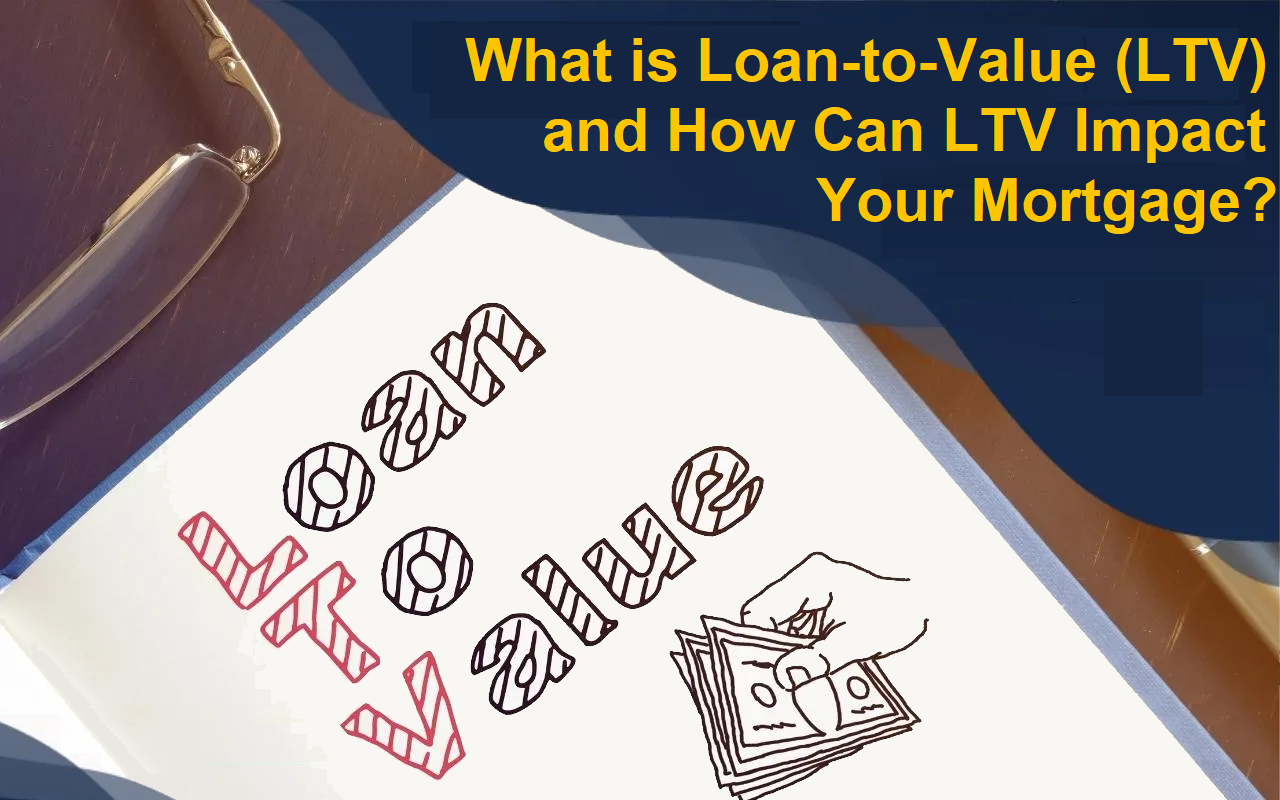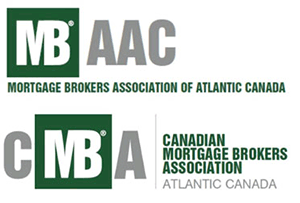
What is Loan-to-Value (LTV) and How Can LTV Impact Your Mortgage?
January 31, 2024 | Posted by: Keith Leighton

What is Loan-to-Value (LTV) and
How Can LTV Impact Your Mortgage?
The Loan-to-Value Ratio (LTV) is a financial term used in the context of mortgage lending, and it represents the ratio of a loan amount to the appraised value of the property being financed. Lenders use the LTV ratio as one of the factors to assess the risk associated with a mortgage application. The LTV is an important factor in determining the terms and conditions of a mortgage.
LTV Ratio = Mortgage Amount / Appraised Property Value
Here's how the Loan-to-Value Ratio can impact your mortgage:
- Loan Approval and Interest Rates:
- Higher LTV: If you're requesting a higher percentage of the property's value as a loan, it generally implies a higher risk for the lender. As a result, borrowers with higher LTV ratios may face more scrutiny during the mortgage approval process and might be subject to higher interest rates.
- Lower LTV: On the other hand, a lower LTV ratio indicates that you're borrowing a smaller percentage of the property's value. This is often seen as less risky for lenders, and borrowers with lower LTV ratios may qualify for lower interest rates and have a higher chance of mortgage approval.
- Lower LTV: On the other hand, a lower LTV ratio indicates that you're borrowing a smaller percentage of the property's value. This is often seen as less risky for lenders, and borrowers with lower LTV ratios may qualify for lower interest rates and have a higher chance of mortgage approval.
- Mortgage Insurance:
- High LTV and Mortgage Insurance: If your down payment is less than 20% of the property's purchase price, you are generally required to obtain mortgage default insurance, commonly known as CMHC (Canada Mortgage and Housing Corporation) insurance. This insurance protects the lender in case the borrower defaults on the mortgage. The cost of mortgage insurance is usually added to the mortgage amount.
- Low LTV and No Mortgage Insurance: If your down payment is 20% or more, you may not be required to purchase mortgage insurance. Having a lower LTV and avoiding mortgage insurance can save you money in the long run.
- Risk Assessment:
- Higher LTV, Higher Risk: From a lender's perspective, a higher LTV ratio signifies a higher risk of default because the borrower has less equity in the property. Lenders may apply stricter criteria or charge higher interest rates to compensate for this increased risk.
- Lower LTV, Lower Risk: A lower LTV suggests that you have more equity in the property, making the loan less risky for the lender. This can result in more favorable terms, such as lower interest rates.
Understanding the impact of the Loan-to-Value Ratio is crucial when applying for a mortgage, as it can influence your eligibility, interest rates, and the overall cost of homeownership. Keep in mind that lenders may have different policies and criteria, so it's advisable to consult with mortgage professionals for personalized advice based on your financial situation. Contact your DLC Ideal Mortgage broker for expert advice.
